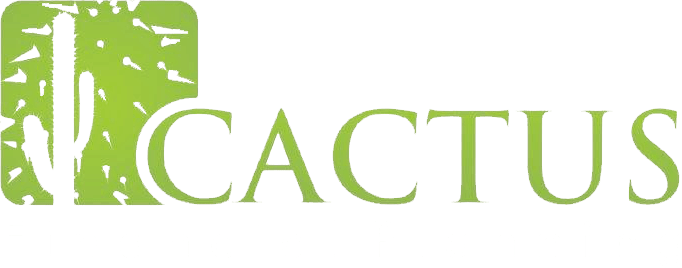
Why did Hannah approach us?
Hannah was in her early 50s when she was introduced to us by her accountant.
Typical of many small business owners, Hannah had been working so hard over the past few years building up her business, she’d neglected her own finances.
Hannah was keen to start looking to the future, specifically how she could exit the business and retire in a few years’ time.
What did we do?
The first thing we did is get to know Hannah, her business and her future objectives. It soon became clear that the business was holding relatively large sums of cash, which were losing money year-on-year in real terms. Hannah was also concerned whether she would have enough money to live on in retirement.
We reviewed Hannah’s existing pensions and concluded that they weren’t on track to deliver the income in retirement she wanted, or needed. Consequently, we discussed how Hannah could realign her resources to improve returns and plan more effectively for her retirement.
We initially recommended that the business make an investment of £100,000. This was money which wasn’t needed by the business for short-term cashflow, but that Hannah didn’t want to pay to herself as it would have triggered a tax charge. Hannah was also keen to ensure that the returns of this investment were likely to be above the very low interest rate she was currently getting.
We then recommended that Hannah’s business make a £40,000 pension contribution to help plug a shortfall in her longer-term retirement planning. This contribution qualified for tax-relief, which pleased Hannah.
When we discussed these investments with Hannah, we of course explained that:
- The value of her investment can go down as well as up and that she may not get back the full amount she invested
- Past performance is not a reliable indicator of future performance
- Investments should be regarded as a long-term investment and should fit in with her overall attitude to risk and financial circumstances.
We then explained that levels, bases of and reliefs from taxation may be subject to change and their value depends on the individual circumstances of the investor.
Finally, because Hannah still has dependent children, which would be financially exposed if she died, we set up a Relevant Life policy, to provide a large lump sum on her death. The premiums payable on this type of policy qualify for tax-relief which reduced the cost and, again, pleased Hannah.
How did Hannah benefit from receiving independent financial advice?
Hannah’s business was being run efficiently, but her personal finances weren’t.
Relatively high inflation and very low interest rates meant the cash reserves held by the business had been losing money in real terms. By investing a proportion of this money, we made it work a little harder for Hannah.
Hannah hadn’t made any pension contributions since the business had started. This is quite common with entrepreneurs who want to keep a tight rein on the purse strings in the early days, and then fail to revisit the tax advantages of pensions when the business becomes more successful.
After our advice, her retirement planning was back on track and her business benefited from a tax-efficient option which she had previously discounted.
Underpinning our advice was the need to leave sufficient cash reserves in the business as working capital, which we did, while achieving Hannah’s other aims.
Finally, her family were protected from the financial effects of Hannah dying while they are still dependent upon her.
Life Assurance plans typically have no cash in value at any time and cover will cease at the end of term. If premiums stop, then cover will lapse.
The Financial Conduct Authority does not regulate tax advice
A pension is not normally accessible until 55 (57 from April 2028)
